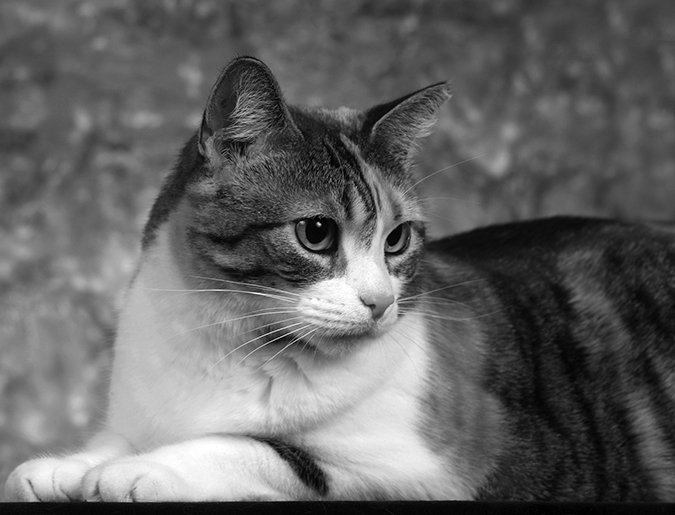Q: My 13-year-old domestic shorthaired cat vomits two to three times a week, and I am concerned about his health. A friend of mine told me that it is normal for cats to vomit occasionally, but this seems more frequent than it should be. Can you provide any advice regarding what I should do?

A: Thanks for getting in touch about this common problem in cats. It is true that it is not uncommon for healthy cats to vomit occasionally, but any cat who vomits more than once per week should be taken to a veterinarian for an examination. In some cases, this frequency of vomiting may not be associated with disease, but in many cases, it is.
Vomiting can be caused by many problems, ranging from obstruction of the gastrointestinal tract by hairballs or ingested string and other objects to metabolic diseases like kidney disease and hyperthyroidism, to inflammatory diseases like inflammatory bowel disease, to the ingestion of toxic substances such as plants, to cancer.
While the causes of this symptom are varied, a veterinarian will be able to narrow down potential causes by obtaining a thorough history (it’s very useful for owners to document the frequency of vomiting in their cats) and performing a thorough physical examination and diagnostic testing. If a cat has been been ingesting any potential toxins such as plants or household chemicals, owners should take this information (plant species, if known) along with any materials included in the packaging of the ingested products, if available, with them to the clinic.
Typical tests that may be recommended include a complete blood count (which characterizes the numbers and types of various blood-born cells such as red and white blood cells), a biochemistry (which quantifies the concentrations of a number of compounds such as electrolytes and enzymes in the blood), and a urinalysis (which looks at the chemical, physical, and cellular composition of the urine).
Depending upon the results of these tests, other diagnostics such as X-rays, abdominal ultrasound, endoscopy (the passage of a small, flexible camera down the gastrointestinal tract) and measurement of thyroid hormone may be recommended. In some cases, advanced imaging such as magnetic resonance imaging and/or surgical exploration may also be considered.
© zoom178 | Bigstock

It’s important for owners to realize that long-term vomiting can cause loss of fluids and important electrolytes that may lead to serious illness in cats. Another issue with cats who are vomiting is that they will often not eat, and their metabolism is such that not eating for more than two days can cause serious health problems in and of itself.
The treatment of vomiting cats involves stabilization of the patient’s fluid and electrolyte disturbances with fluid therapy, (given intravenously or subcutaneously), the feeding of a bland, easily digestible diet, nausea control and in some cases drugs to suppress vomiting and the treatment of the specific problem that is causing the vomiting if this can be determined.
The prognosis depends very much upon the cause. In many cases, affected cats can return to a good to excellent quality of life for long periods of time, but owners of cats with a history of vomiting are cautioned to be vigilant even once the initial bout of illness subsides.
I hope this is helpful and that this note finds you and your kitty doing well. It sounds like you should take him to his veterinarian for an evaluation as soon as possible.
Best of luck, and please keep us up to date on his progress.
—Sincerely, Elizabeth



